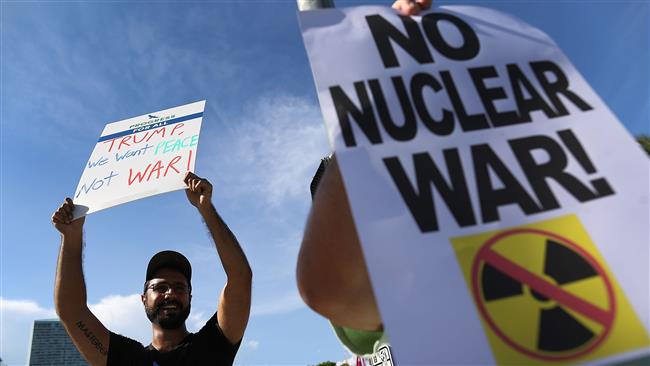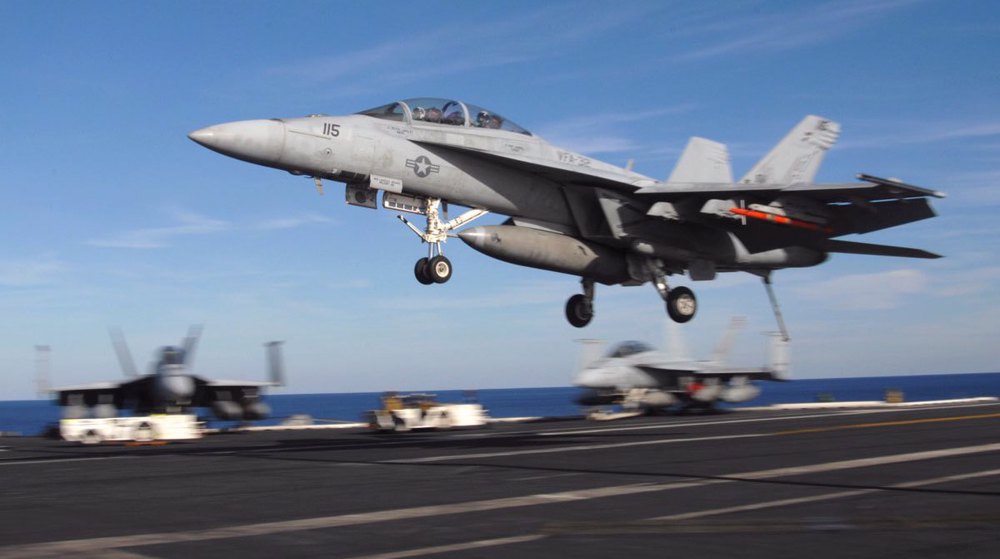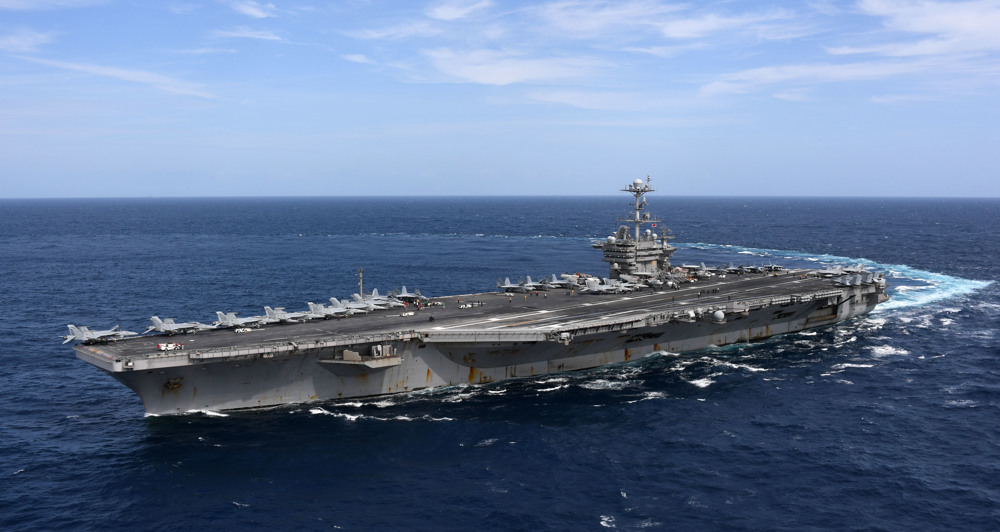Arms control experts slam Trump’s new nuclear policy
A plan by the administration of US President Donald Trump to pursue development of new nuclear weaponry and loosen constraints on their use has prompted sharp criticism from arms control experts, who voiced concerns it could raise the risks of nuclear war.
The Trump administration could explicitly leave open the possibility of nuclear retaliation for major non-nuclear attacks, according to a leaked draft policy document published by the Huffington Post website.
The US Defense Department did not comment on the document, saying it did not discuss “pre-decision, draft copies of strategies and reviews.”
“The Nuclear Posture Review has not been completed and will ultimately be reviewed and approved by the President and the Secretary of Defense,” the Pentagon said in a statement.
According to the document, the White House will more readily embrace the role of nuclear weapons and back a costly modernization of the aging US nuclear arsenal.
The new nuclear policy is significantly more hawkish than the posture adopted by the administration of former President Barack Obama, which sought to reduce the role of nuclear weapons in the US military.
The Congressional Budget Office has estimated that modernizing and maintaining the nuclear arsenal over the next 30 years will cost more than $1.2 trillion. Maintenance of the existing stockpile would account for nearly half the projected costs.
Arms control advocates have voiced alarm at the new proposal, saying it makes a nuclear war more likely.
Daryl Kimball, the head of the Arms Control Association advocacy group in Washington, said that the development of new weapons in the US nuclear arsenal was “dangerous, Cold War thinking.”
“The United States already possesses a diverse array of nuclear capabilities, and there is no evidence that more usable weapons will strengthen deterrence of adversaries or compel them to make different choices about their arsenals,” Kimball wrote on the group’s website.
The draft document was a departure from long-standing US policy, said Kingston Reif, director for disarmament research at the arms control advocacy group.
“It expands the scenarios under which the United States might use nuclear weapons and therefore increases the risk of nuclear weapons use,” Rief said.
US hostage-taking of Iranian nationals violation of intl. law: Deputy FM
VIDEO | Carol Singers for Palestine on London’s Parliament Square
American warplane downed after Yemeni attacks 'baffled' US air defense: Ansarullah
VIDEO | Yemenis praise the military for its successful operations against Israel
VIDEO | Israel continues to bomb Gaza homes
VIDEO | An insider's view of the country: Meybod City in Yazd
‘All wars have rules. All of those rules have been broken’ by Israel
VIDEO | Report flags India’s violation of rights of Rohingya detainees











 This makes it easy to access the Press TV website
This makes it easy to access the Press TV website